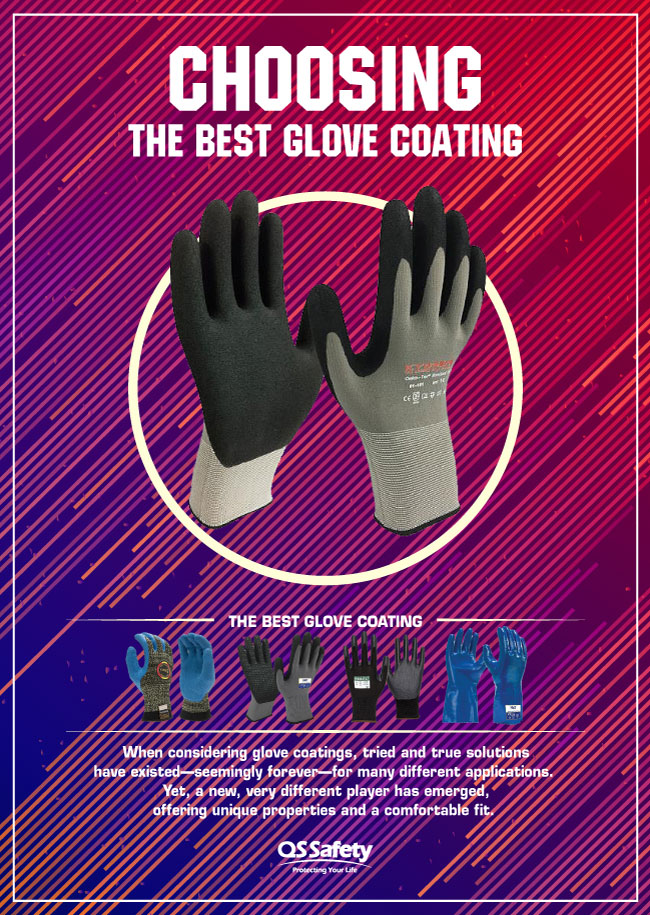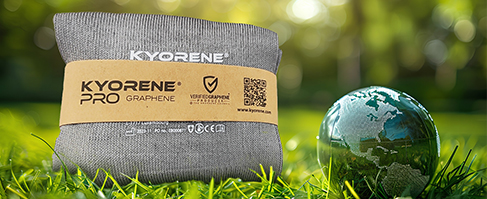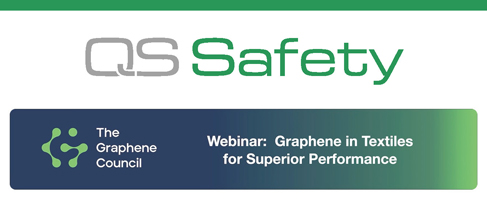Choosing the Best Glove Coating

When considering glove coatings, tried and true solutions have existed―seemingly forever―for many different applications. Yet, a new, very different player has emerged, offering unique properties and a comfortable fit.
Glove Coatings: The Veteran Players
All glove coatings serve a valuable purpose when used for specific applications. For example, while gloves coated with latex, polyurethane, polyvinyl chloride, and nitrile provide varying levels of protection, some coatings do not protect against exposure to most chemical solvents. Others may protect against chemical exposure but do not protect hands from lacerations, punctures, or cuts.
Latex Coatings
Natural latex serves as a protective fluid from the Hevea brasilienesis rubber tree that is harvested in Malaysia, Indonesia, Thailand, India, Sri Lanka, the Philippines, and China. Even though latex gloves use the natural form of rubber latex, manufacturers add compounding chemicals that add stability and elasticity to the material.
Latex coated gloves offer several benefits. Customers appreciate the combination of grip, dexterity, and tactile sensitivity seen with latex coatings. Whether coated with natural or synthetic latex, good quality latex-coated gloves resist tearing and provide decent protection against temperature extremes. Manufacturers offer variations of latex coated gloves that add enhancements such as additional insulation, increased cut resistance, and coloring for applications that require higher visibility.
Polyurethane Coatings
Polyurethanes result from the chemical reaction that occurs during the mixing of an alcohol that has more than two reactive hydroxyl groups per molecule (polyol) with chemical building blocks called diisocyanates. The availability of different types of polyols and diisocyanates results in the production of flexible and rigid polyurethane foams, adhesives, sealants, and chemical-resistant coatings.
As with latex coated gloves, polyurethane coated gloves offer a solid grip and dexterity that works well for handling parts. The flexibility and lower cost of polyurethane coated gloves also appeal to consumers. Even though many polyurethane coated gloves lack durability, the coating protects against oils, solvents, gasoline, and greases. Polyurethane coated gloves do not protect against exposure to water, heat, cuts, or punctures.
Polyvinyl Chloride (PVC)
The production of PVC begins by combining ethylene and chlorine to form ethylene dichloride and then vinyl chloride as a building block for polyvinyl chloride. A chemical process links vinyl chloride molecules together to form long molecular chains or polymers of PVC. Blending the raw PVC with other materials produces PVC products.
Availability, versatility, and cost effectiveness have made PVC a popular choice for many applications including glove coatings. Specific properties of PVC coated gloves―such as resistance to abrasion and flexibility―allow the use of the gloves in different industrial settings. PVC coated work gloves do not stick to glues or adhesives while providing limited resistance to water and organic solvents. PVC coated gloves do not protect against cuts and punctures.
Nitrile, Foaming Nitrile, and Hybrid Coating Technology
Nitrile Butadiene Rubber or NBR results from the mixing and chemical reaction of acrylonitrile and butadiene. Manufacturers add chemicals to the NBR to make the soft rubber nitrile used for gloves. Along with PVC coated gloves, nitrile coated gloves do not cause allergic reactions and often serve as an excellent substitute for latex coated gloves.
Nitrile coated gloves offer resistance to oils, acids, abrasions, tears, and punctures. Because the gloves provide strong flexibility, grip, dexterity, durability, and tactile sensitivity, workers use nitrile coated gloves as general-purpose gloves. Foamed nitrile gloves displace oils and water for work in wet or greasy environments. Manufacturers use a compounding process for Nitril to form the Hybrid Coating Technology (HCTTM). With the addition of HCTTM, the gloves gain additional softness, flexibility, durability, oil, and abrasion resistance.
NEWS
 Our broader sustainabi...
Our broader sustainabi...
We are proud to share that all our packaging materials will now be made from 100% recycled plastic, we have also incorpora...
Enterprise culture
As a full line gloves manufacturer, we focus on developing our expertise to produce innovative and quality products. We have a solid base of our own technological know-how which help us to create more innovative products and set the market trends in the future.Customers’ satisfaction is our top priority, we are committed to deliver more benefits to you. QS Safety, gearing up for the future with you!
- MORE




